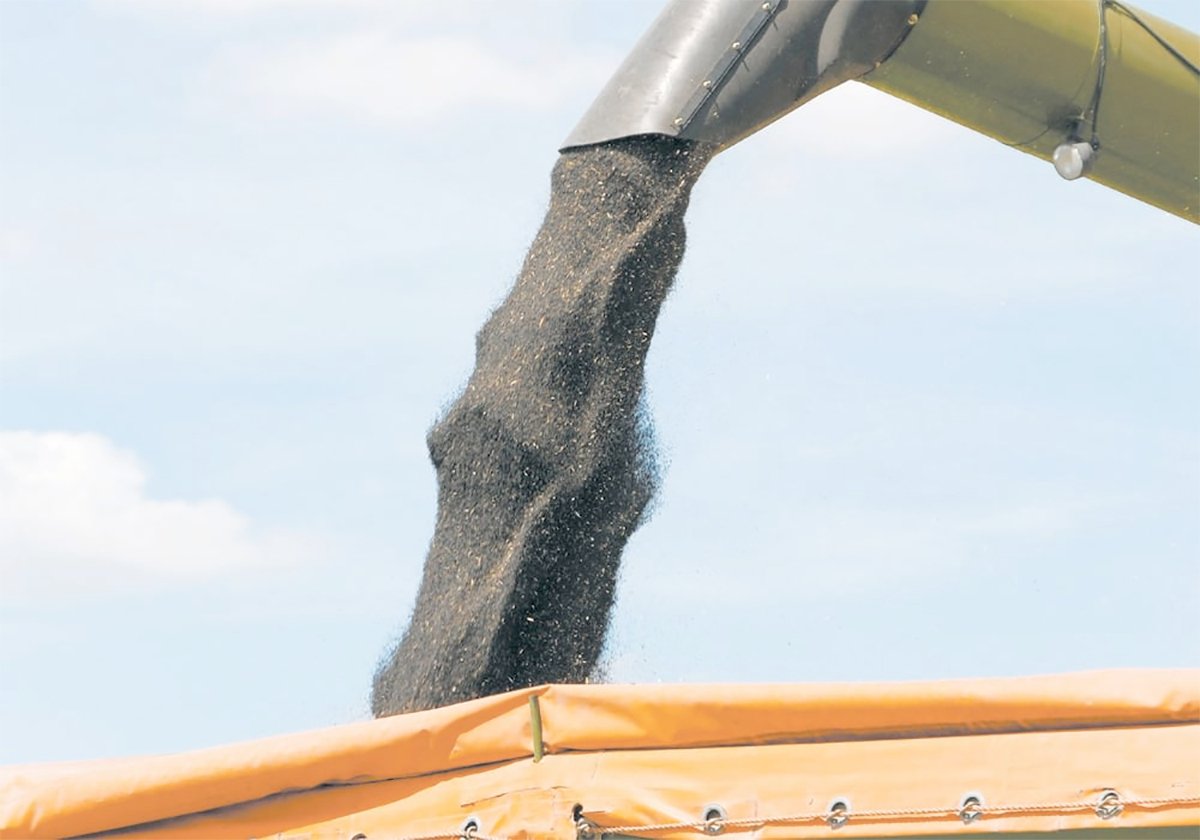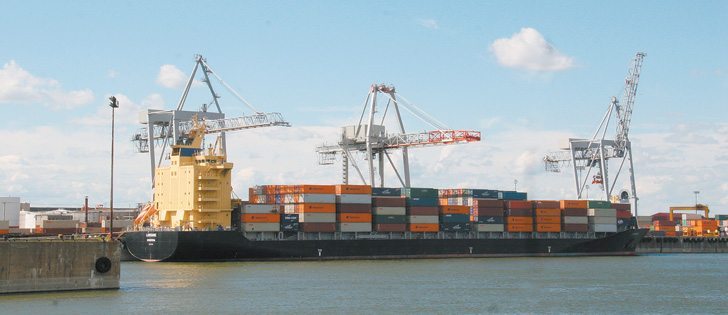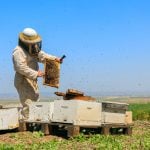Grain prices have soared to record or near record levels as bad weather ravages U.S. and Black Sea region crops.
With the prospect of food shortages and price inflation, world leaders are becoming worried.
In the wake of social unrest caused by rising food costs in 2008, the Group of 20, the organization of developed and developing countries with the biggest economies, created a framework to monitor production and to act if necessary to control food prices.
Under this framework, the United States, France, Mexico, the United Nations, World Bank and other organizations last week discussed the global crop situation.
Read Also

Determining tariff compensation will be difficult but necessary
Prime minister Mark Carney says his government will support canola farmers, yet estimating the loss and paying compensation in an equitable fashion will be no easy task, but it can be done.
They decided to wait until next month for more complete information about the U.S. crop before deciding on whether joint action is needed.
But if they eventually agree action is needed, it is not clear what the group could do to significantly lower food prices.
The best act would be to encourage countries to avoid the export embargoes .
In 2008, poor rice crops caused several Asian countries to stop exports. The 2010 drought in Russia caused its government to embargo wheat shipments for about a year. Each time, the ensuing panic over supply forced grain prices higher.
This year, fortunately, there is no rice shortage. And Russia’s entry into the World Trade Organization has stopped it from taking drastic measures.
There will be support from some quarters to pressure the U.S. and European Union to suspend or scale back support for biofuels.
Already U.S. livestock groups, state governors and members of Congress are lobbying to suspend the renewable fuel mandate to free up corn for livestock consumption that would otherwise be used in ethanol production.
But some studies argue that ethanol has become a key part of the U.S. fuel system because it is economical and supports clean air legislation. It will be difficult to dislodge ethanol from the system and the amount of corn freed up by lowering the mandate would not significantly reduce feed costs.
At a minimum, countries with mature biofuel industries should end cash subsidies and freeze mandates that call for increased use of renewable fuel until there are proven commercial technologies that use non-food material such as straw to produce ethanol.
There is also support to rein in excessive speculation in food markets. France proposes a tax on speculative financial transactions. In the U.S., the Commodity Futures Trading Commission is considering caps on the maximum number of contracts a single speculator can hold.
Competing economic studies support and dismiss the idea that excessive speculation in recent years drove crop futures prices to extremes not supported by supply and demand fundamentals.
The jury is out on the full impact of market speculation, but it is hard to see how the recent introduction of billions of dollars of speculative money to crop markets could do anything but increase volatility.
As the United Nations Food and Agriculture Organization director-general José Graziano da Silva put it:
“Let’s make one thing clear: We are not talking about speculation related to price discovery and the normal functioning of the futures markets. We are talking about excessive speculation in derivative markets, which can increase price swings and their speed.”
Farmers and food buyers alike find it hard to manage wild price swings.
Wild speculation likely is harmful, but regulators attempting to rein it in must be careful. Some speculation is good for markets, providing liquidity.
And speculation aside, there are fundamental reasons why grain prices are high.
They send strong signals to farmers to invest in increased production, something the world desperately needs.














